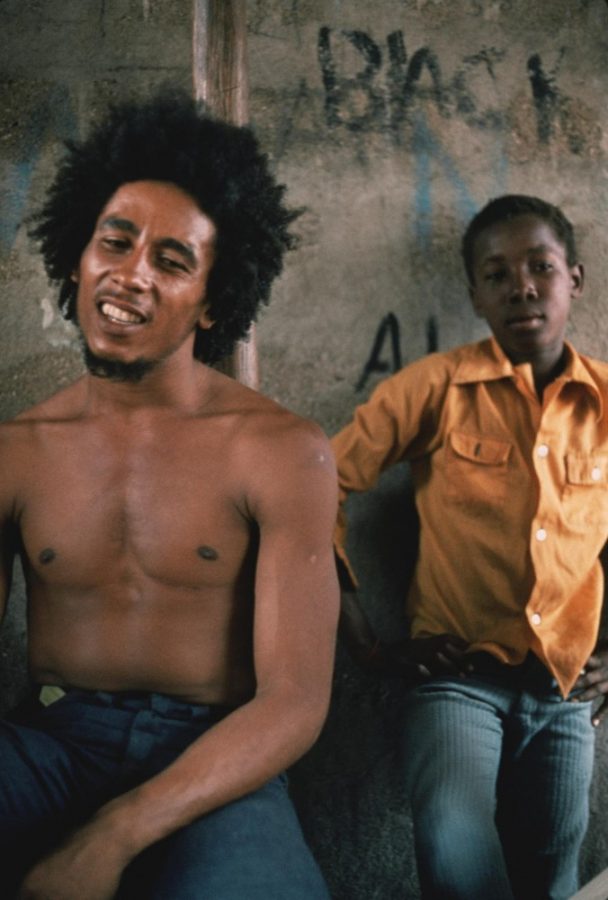WHAT: “Marley”
WHEN: Starts Friday
WHERE: Lagoon Cinema, 1320 Lagoon Ave., Minneapolis
When it was announced that “Marley” would be the first documentary on the quintessential reggae artist Bob Marley, it came as no surprise. A documentary on the ubiquitous music legend is more or less inevitable, but what makes “Marley” remarkable is the depth it covers.
Not simply a chronicle of a poor boy’s rise to fame, the film focuses on his family and spiritual growth. The 2 1/2 hour run time is hefty, but as a primer on an often misrepresented music figure, “Marley” is an essential viewing for anyone with more than a passing interest in “Legend.”
Director Kevin Macdonald worked closely with Ziggy Marley to present the story as honestly as possible. Through many interviews with the Marley family and other Jamaican musicians, common myths and anecdotes are cleared up. For example, in the chorus of “Small Axe” (“If you are the big tree / We are the small axe / Ready to cut you down”) has commonly been interpreted as an anti-establishment anthem. But the Wailers had an explicit target in mind: The song was directed at a label called Big Tree Records, who had snubbed them.
Of course, the music itself is front and center. The history of Jamaican music is traced from his earliest single, an upbeat ska number called
“Judge Not,” through Jamaica’s rocksteady years up to the emergence of reggae.
Specifically, roots reggae is the Rastafarian-centric style that The Wailers took international. It is deeply spiritual music with common themes of honoring God and resisting social oppression. For devout Rastas, roots reggae is the holy music prophesied in the book of Revelation. Marley, like the many other roots musicians of the ’70s, dedicated all of his music to the glory of God.
The film shows less heroic sides of Marley, as well. Peter Tosh and Bunny Wailer, the other members of the original trio, disagreed with the direction the group was taking. They left the Wailers just as they were achieving international fame, placing Marley as the de facto leader from then on. He rebuilt the band, hiring backup singers and a large ensemble of touring musicians. He had 11 children by seven different mothers and left no will — something that has resulted in a degree of tension still evident in some of the interviews.
But for all of its compelling original footage and music, much of the documentary feels like any documentary. The many aerial shots of Jamaica’s rolling hills are an excellent complement to the music and interview audio, but other sequences amount to little more than photo slideshows, many of which you’ve already seen if you have ever stepped inside a college dorm room.
That’s not to say “Marley” isn’t theatrical, however, especially toward the end of the film. A number of heavy themes become prominent: the escalation of political gang violence in Kingston in the late ’70s, Marley’s shooting and the creation of the nation of Zimbabwe.
But the emotional climax is clearly Marley’s diagnosis with cancer and final days, retold vividly through the family who was with him at the time.
Though his name continues to resonate like few others in pop culture, Bob Marley the icon is surrounded by a degree of mythologization and branding that often clouds his spiritual and political relevance. In the eyes of many, he is still misinterpreted as a symbol for drug culture.
Thankfully, “Marley” sheds light on the true nature of his life: a hard-working, deeply inspired, socially conscious musician who brought the rhythm of Jamaica to the world at large.
Three stars out of four stars








